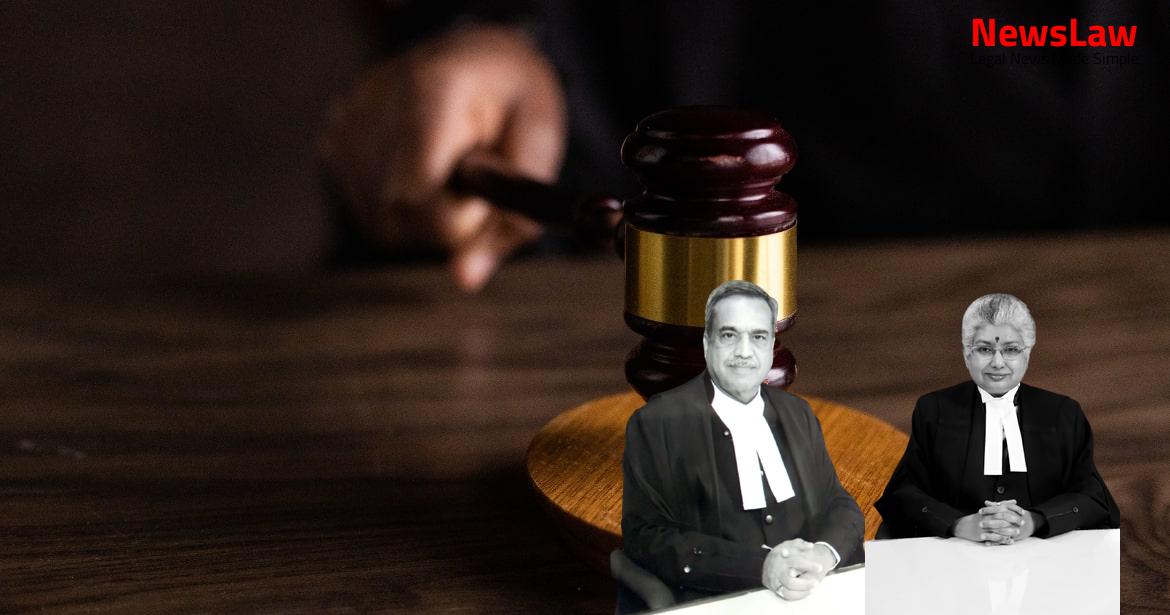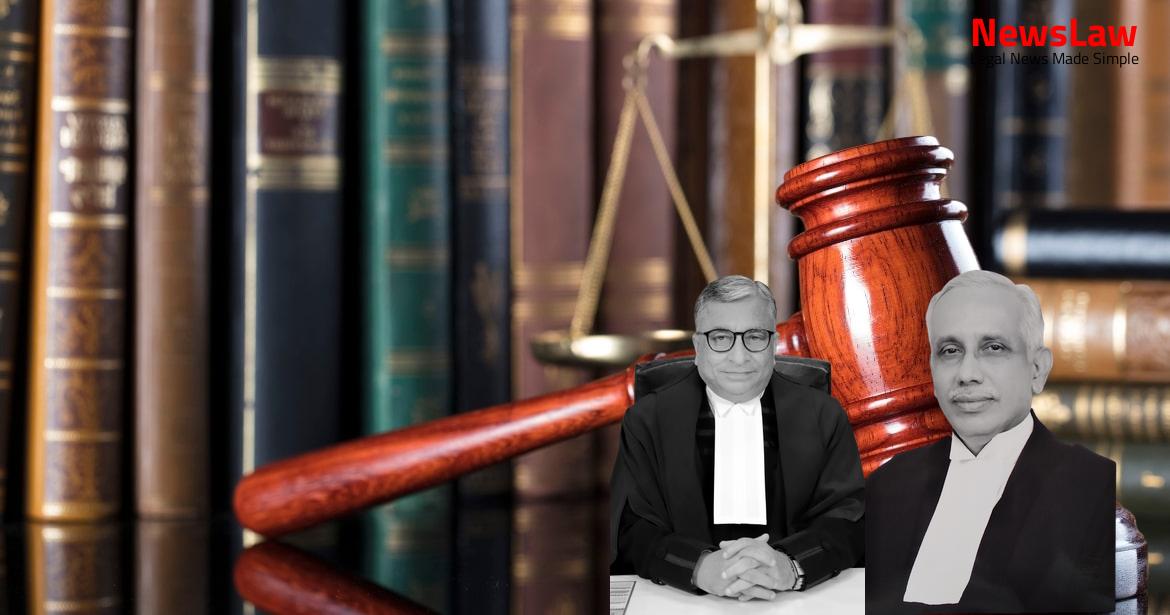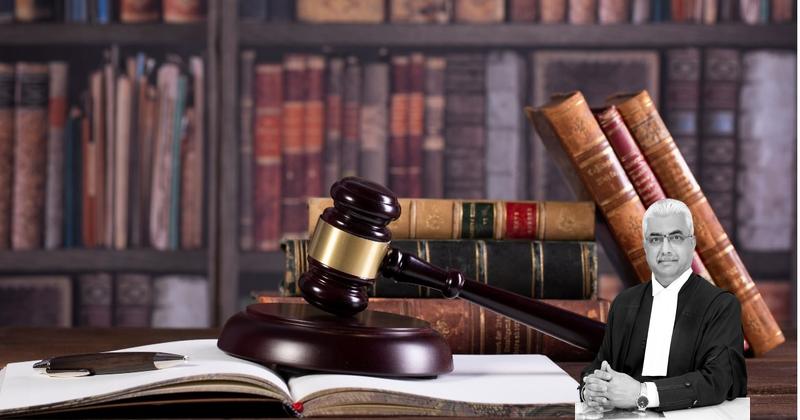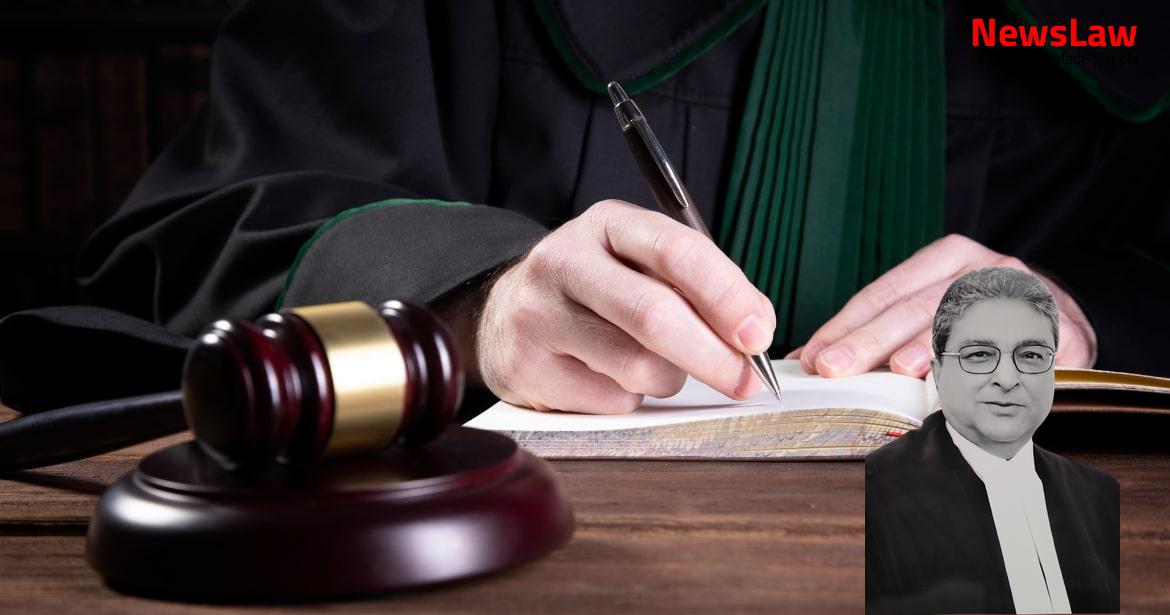The Division Bench of the High Court recently examined a case involving the denial of benefits to daily rated employees. The court’s legal analysis focused on the financial capacity of the employer and the impact of granting certain benefits. This blog delves into the court’s detailed analysis of employee rights and the reasoning behind the decision.
Facts
- The Division Bench of the High Court allowed the Letters Patent Appeal filed by the Board and overturned the judgment of the Single Judge.
- The Division Bench held that the daily rated employees of the Board are not entitled to benefits from the modified Government Resolutions of 01.05.1991 and 15.02.1992 because the Board did not adopt them.
- The original writ petitioners, who are daily rated employees of the Board, were denied the pay scale of Rs.950-1500 and benefits from the modified Government Resolutions of 01.05.1991 and 15.02.1992 by the Division Bench’s decision.
- The Board granted benefits under the 1988 resolution to a petitioner upon completion of 10 years of service.
- An administrative instruction in 1991 stated that benefits from the Government resolution of 1991 should not be given to daily rated employees of the Board.
- The High Court’s decision in Letters Patent Appeal No.82 of 2020 favored the Board, quashing the Single Judge’s decision to grant the pay scale and benefits to the original respondents.
- The daily wage workers were not entitled to regularization or permanency as per the 1988 Resolution.
- A committee called ‘Shri Daulatbhai Parmar Committee’ was constituted to address issues of daily wage workers.
- In 2019, the Government Department rejected the request for benefits under the 1991 resolution for daily rated workmen.
- The Board instructed Chief Engineers not to grant benefits as per the 1991 resolution in 2015.
- Daily wagers were granted benefits under the parent Resolution upon completion of 5 and 10 years of service.
- A Resolution in 1992 granted pay scale benefits to SSC pass daily wagers with 7 years of service.
- Petitioner filed various representations for benefits under the 1991 and 1992 resolutions.
- In 2018, the Petitioner filed an appeal before the High Court for parity with other employees.
- The Board opposed the petition, stating that the modified Resolutions were not adopted by the Board.
- The High Court directed the Board to grant benefits and revise pay scales for the daily rated employees.
- The Board withdrew benefits of the 1991 and 1992 Resolutions granted inadvertently in some cases.
Also Read: Ruling on Circumstantial Evidence in Murder Case
Issue
- Whether the principle of negative equality should be applied if other employees were wrongly granted benefits
- Whether employees claiming parity must independently establish their rights to receive benefits
Also Read: Challenging Legal Presumptions in Negotiable Instrument Cases
Arguments
- The Board is now performing activities previously carried out by the Government.
- Benefits were granted as the Board adopted the parent Resolution of 17.10.1988.
- Government denied benefits under 1991 Resolution despite adoption by the Board.
- Some daily rated employees were mistakenly granted benefits under 1991 and 1992 Resolutions.
- Division Bench upheld the denial of benefits under 1991 and 1992 Resolutions to the original writ petitioners.
- The concept of equality cannot justify perpetuating a mistake for other daily wage employees.
- The Respondent – Board is autonomous and not obligated to apply subsequent resolutions automatically.
- Employer has the discretion to determine pay scales depending on financial capacity.
- Financial burden and cascading effects on the Board if benefits under 1991 and 1992 Resolutions are granted.
- The subsequent modified Resolutions of 1991 and 1992 were never adopted by the Board.
- Division Bench’s decision to quash the Single Judge’s order is disputed.
- Resolution of 1989 modified the parent resolution of 1988 for daily wage employees.
- 474 out of 3348 daily wage employees did not receive benefits from 1991 and 1992 Resolutions.
- Government of Gujarat passed a resolution in 1988 to provide benefits to skilled daily wage workers based on years of service.
- Original writ petitioners are not entitled to benefits from Resolutions of 1991 and 1992 as they were not adopted by the Respondent Board.
- Some zonal offices mistakenly granted benefits from Resolutions of 1991 and 1992, but instructions were issued to stop and recover the mistakenly given amounts.
- Decision to withdraw benefits from Resolutions of 1991 and 1992 stands.
- Single Judge directed the Board to grant benefits citing discrimination, but benefits given to other employees were also withdrawn.
- The subsequent decision in 2015 to withdraw mistakenly given benefits was not challenged by the original writ petitioners.
Also Read: Legal Analysis Critique in High Court’s Quashing Order
Analysis
- The Division Bench of the High Court rightly set aside the direction given by the Single Judge to grant benefits from Government Resolutions dated 1991 and 1992 to the daily rated employees of the Board.
- The employees of the Board cannot claim parity with State Government employees as they stand on different footings.
- The Board consciously decided not to adopt the Government Resolutions of 1991 and 1992, leading to the denial of benefits to certain employees.
- Granting of pay parity may have adverse financial consequences for the Board, amounting to a significant financial burden.
- The economic viability and financial capacity of the employer are crucial in determining wage structures and benefits, to prevent the unit from closing down.
- The Division Bench’s decision correcting the Single Judge’s order was appropriate, and the action of the Board was not discriminatory or violative of Article 14 of the Constitution.
- The reliance on a previous case was deemed irrelevant to the current case involving daily rated employees of the Board.
- The Board’s dependency on its own financial resources justifies its decision not to extend benefits from the subsequent Government Resolutions to all employees.
- The Board’s approval of the parent Resolution in 1988 did not include adoption of the Resolutions from 1991 and 1992.
- Article 14 of the Constitution does not allow for negative equality in cases of appointments or pay-scales.
- If a mistake has been committed by the State in favor of certain individuals, others cannot demand the same mistake to be perpetuated in their favor.
- Courts and Tribunals cannot compel the State to commit irregularities or illegal actions in favor of others based on the reasoning of unfair denial of benefits.
- Benefits extended illegally or arbitrarily to a particular group cannot be claimed as a matter of right by others.
- The daily rated employees of the Board cannot automatically claim benefits from Government Resolutions of 1991 and 1992, as the mistake has been corrected in other zonal offices.
- The concept of equality before the law is a positive concept and cannot be enforced in a negative manner as per the ruling in the case of Debasish Mukherjee.
- The Division Bench of the High Court did not commit a grave error in allowing the Letters Patent Appeals and setting aside the previous judgment and orders.
- Employees of the Board cannot claim parity with government employees.
- The challenge to the impugned judgment and order passed by the Division Bench of the High Court fails.
Decision
- Original writ petitioners, daily rated employees of the Respondent Board, not entitled to benefits from Government Resolutions dated 01.05.1991 and 15.02.1992
- No order as to costs in the case
- Both appeals are to be dismissed
- Continue to pay or grant benefits from parent Resolution dated 17.10.1988, which is reported to be implemented and paid
Case Title: RAJESH PRAVINCHANDRA RAJYAGURU Vs. GUJARAT WATER SUPPLY AND SEWERAGE BOARD (2021 INSC 917)
Case Number: C.A. No.-007578-007578 / 2021



